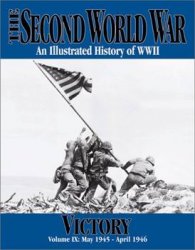Wast)ing! oi} by Gilben Stuafi
The Cultural Declaration of Independence: By 1789 poems, plays, music, and art celebrated the Revolution and all things American. One of the earliest examples was a long lyric poem, The Columbiad, by Joel Barlow, a noted author. Patterned after great epics such as The Iliad, Barlow's work was meant to convey the majesty of the American experience. Although it was not popular in its time and is not considered great literature, it remains an example of the patriotic art that emerged after the Revolution. Noah Webster worked to produce the first American dictionary—the American language began to depart from English. American art stressed patriotic themes—portraits of Washington and other revolutionary dignitaries abounded, and artists began to develop new styles. A fledgling American literary movement began with plays such as The Contrast, whose characters represented American virtues and corrupt old European ideas. American literature did not become highly evolved—that would have to wait for the Romantic Age under Emerson, Hawthorne, Whitman, and others—but the seeds were sown.
Rights of Women: "Republican Motherhood"
As mentioned above, the creation of an American republic had important implications for women, although they were slow to see concrete changes in their status. Nevertheless women had made important contributions to the Revolution, including fighting. Deborah Sampson served as a man in Washington's army from 1781 to 1783. Others did much to support the American armies—making bandages, and so on. Martha Washington did much to assist soldiers at Valley Forge.
Women also demanded the natural right of equity and contributed to the creation of a new society by raising children in households where the republican values of freedom and equality were daily practice. Moved by the spirit of freedom, women were more assertive in divorcing undesirable mates and in opening their own businesses, though they were still denied their political and legal rights. Although women made some gains in education and law, society still defined them exclusively as homemakers, wives, and mothers.
Abigail Adams had said "Remember the ladies"—or they would foment their own revolution, which they eventually did. But even in the republican fervor of the post-revolutionary period, women got few new rights. But the newly created republican form of government held considerable promise for the future of women's rights in America.




 World History
World History









